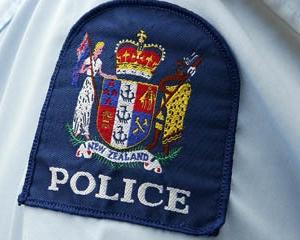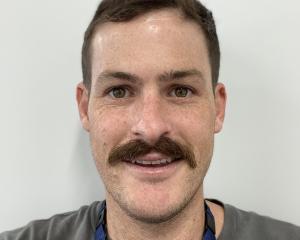The Chief Coroner and the media have set New Zealand firmly on a path that deviates from international best practice in loosening the restrictions around reporting suicide, a New Zealand Medical Journal editorial co-written by a University of Otago academic says.
Otago University's Prof David Fergusson, of the department of psychological medicine in Christchurch, and Dr Annette Beautrais, of Auckland, warn in an editorial published on Friday last week that suicide risk could increase because of the more open approach.
Studies were "remarkably consistent" in showing that reporting suicide could precipitate suicidal behaviour in vulnerable people.
New media reporting guidelines released last year had "carefully hedged" the evidence of risk, the editorial said.
The guidelines could give journalists the impression that the risk from publicity was negligible, which was far from the case.
"The risky practice proposed in the new resource has been reinforced by the claims made by the Chief Coroner and his colleagues that greater media publicity about suicide will have beneficial effects.
"In turn, their advocacy has led to an increase in prominent stories about suicide. If previous research is anything to go by, these practices cannot help but increase risks of suicide faced by the New Zealand population."
Newspapers and radio had been quick to endorse the new approach, in some cases mounting "daily coverage" of suicide, sustained for weeks.
The case underlined growing concern within the scientific community about the responsible use of scientific evidence by the Government and its advisers, the editorial said.
Earlier this month, the Chief Coroner Judge Neil MacLean released suicide figures and said he wanted to bring the topic of suicide out from the shadows.












